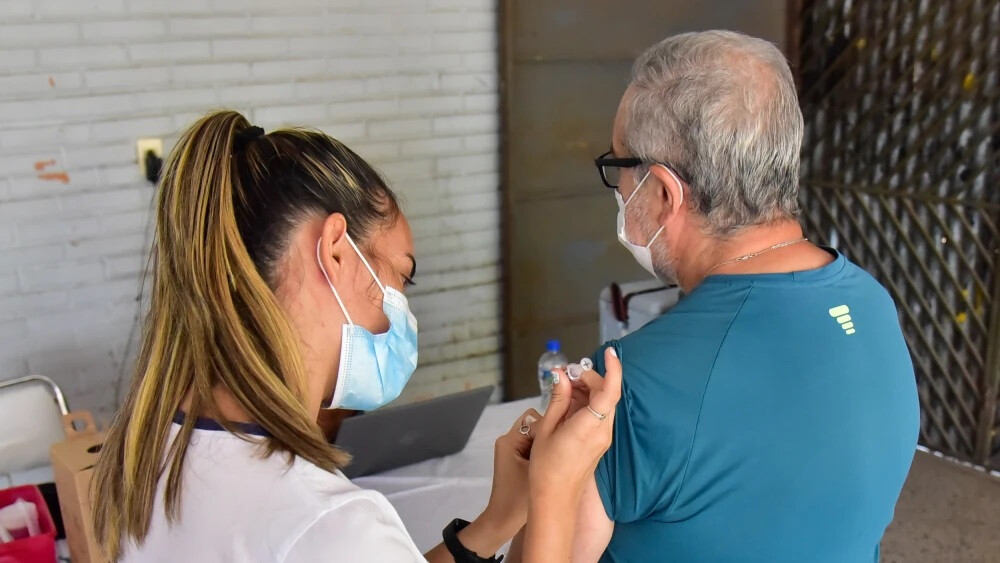
A total of 102 deaths due to respiratory viruses have occurred this year, and it has been confirmed that all of these individuals had not received vaccinations. The Ministry of Health has warned that three viruses – Influenza A, Respiratory Syncytial Virus (RSV), and Rhinovirus – are currently circulating strongly.
Widespread and Serious Respiratory Disease
Currently, in Korea, Influenza A, Respiratory Syncytial Virus (RSV), and Rhinovirus are causing the most outpatient visits and hospitalizations. Specifically, according to the latest report from the Ministry of Health's Directorate General of Health Surveillance (Dirección General de Vigilancia de la Salud), a total of 28,521 flu-related consultations have been reported nationwide. Influenza has been identified as the biggest cause of respiratory illnesses in outpatient settings.
Although the number of consultations has slightly decreased compared to a week ago, it still remains above the alert threshold. Influenza A has shown a continuous increase for the past seven weeks, and Respiratory Syncytial Virus (RSV) has been increasing for the past month.
High-Risk Groups and Hospitalization Status
The most affected group is infants and young children under 2 years old, with 29% of them admitted to intensive care units. It is particularly disheartening to confirm that none of these children had been vaccinated with Nirsevimab. (Note: Nirsevimab is a monoclonal antibody injection developed to prevent Respiratory Syncytial Virus (RSV) infection in infants and young children. It can be applied to a wider range of infants and young children than the existing Palivizumab, and its long-lasting effect provides prevention for one season with a single dose.)
According to data from sentinel hospitals, 4,454 individuals have been hospitalized with severe acute respiratory infection (SARI) so far this year. In the past week alone, 328 people were hospitalized, an increase from the previous week. The majority of hospitalized patients were associated with Rhinovirus (46%), Influenza A H1N1 (32%), and Respiratory Syncytial Virus (RSV) (14%). A small number of patients were also diagnosed with Influenza A non-subtype, Adenovirus, and SARS-CoV2 (COVID-19).
Re-emphasizing the Importance of Vaccination
As of 2025, the total number of deaths from various respiratory viruses has reached 102. It has been observed that none of these deceased individuals had been immunized with available vaccines.
In addition to the importance of seeking medical attention, the Ministry of Health emphasizes appropriate management and rest as directed by the attending physician. In particular, the influenza vaccine is updated annually to match circulating virus strains, so it is highly recommended that high-risk groups, including immunocompromised infants and young children, the elderly, and those with chronic diseases, get vaccinated. For Respiratory Syncytial Virus (RSV), it can be fatal for infants, young children, and the elderly, so preventive measures for these high-risk groups are essential. Adhering to basic hygiene practices such as frequent handwashing with soap and water, covering your mouth and nose when coughing or sneezing, and avoiding contact with sick people is also crucial in preventing the spread of respiratory viruses.
[Copyright (c) Global Economic Times. All Rights Reserved.]






























